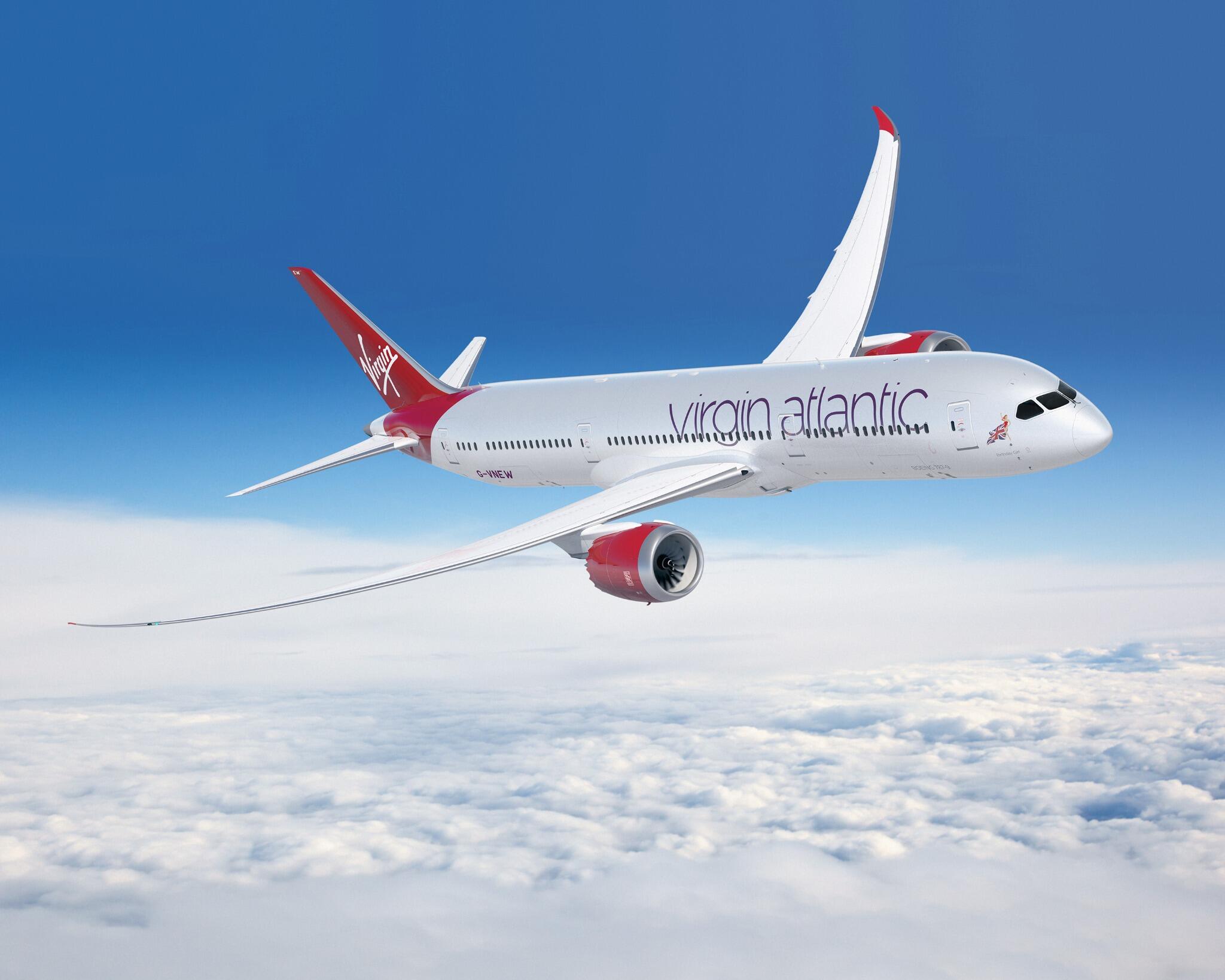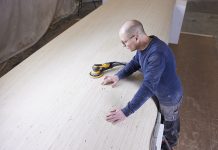To a welcome from the green energy industry, British-registered airline Virgin Atlantic this morning became the first carrier to attempt a long haul London to New York flight running solely on sustainable aviation fuel (SAF).
Shortly before noon, the airline’s Boeing 787 took off at Heathrow for the ten hour flight, with the first of a reported 50 tonnes of SAF made from end-of-life plastic and cooking oil pulsing through its Rolls-Royce Trent 1000 engines.
For the test, dignitaries include Virgin founder Sir Richard Branson, the airline’s CEO Shai Weiss and transport secretary Mark Harper replaced paying customers, on what the carrier dubs Flight100
Last week a Gulfstream G600 business jet completed a transatlantic flight using the same fuel.
For three years, airlines have been licenced to run commercial flights fuelled with various SAF formulations blended with conventional kerosene. Successful ground tests conducted by Rolls-Royce with fuel suppliers BP and its aviation partners persuaded regulators to permit a long haul flight exclusively running on SAF.
Aviation accounts for an estimated 3% of global carbon emissions. SAF is key toward reducing them, but costs up to to five times as much as regular jet fuel right now. Made in permutations from end-of-life plastics, animal fats and old cooking oil, the product accounts for less than 0.1% of total global jet fuel in use today.
The fuel used to power Tuesday’s flight is mostly made from used cooking oil and waste animal fat mixed with kerosene synthetised from waste corn.
Makers of smaller planes are experimenting with electric turboprops for short haul. Kemble-based ZeroAvia announced this week it had secured $116 million in further funding from investors.
Rolls-Royce’s CEO Tufan Erginbilgic said SAF was the only realistic solution to decarbonise commercial flights in the medium term. “I think on the big planes, commercial planes if you like, really the next 15 20 years’ solution is genuinely SAF. We are making our engines compatible with SAF, so that transformation actually takes place,” he said.
Virgin, BA and Air France are among European flag carriers committed to use at least a 10% SAF mix in their operations by 2030.
Britain’s lobby group for renewable power and clean technologies greeted the partners’ feat today in clean aviation, while warning that alternatives to SAF could still help decarbonise commercial flights.
Paul Thompson, head of renewable transport fuels at the REA said: “Our association welcomes this first ever transatlantic flight today using SAF. The decarbonisation of the aviation industry is a key sector to meet Net Zero. Having been very closely involved with our members and government on developing policy in this field, we welcome this landmark.
“However, in the longer term we know this is not a ‘silver bullet’. A mix of technologies such as zero carbon hydrogen and electrification will be necessary, alongside addressing the elephant in the room of ever growing aviation use.”




